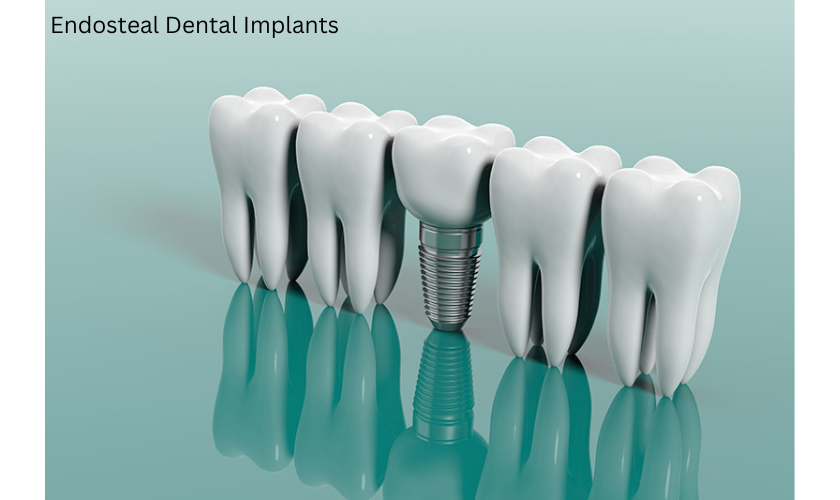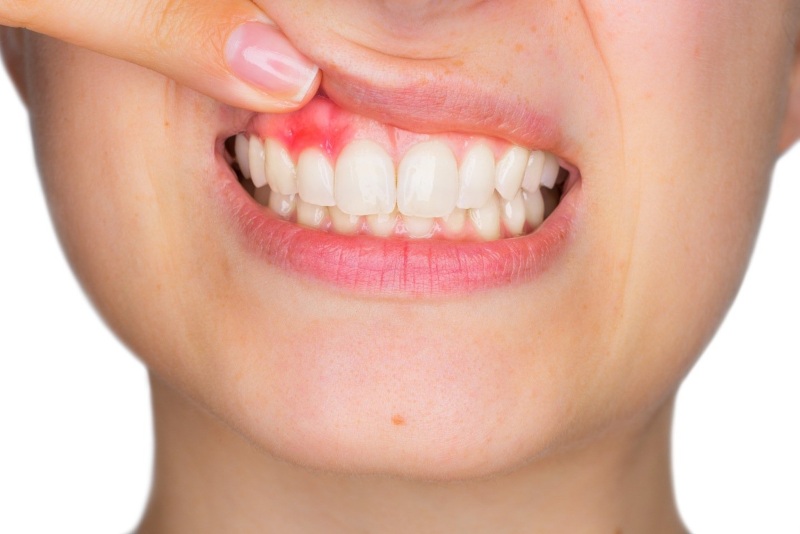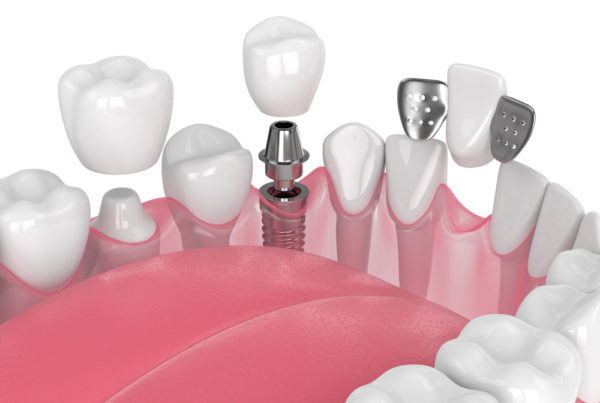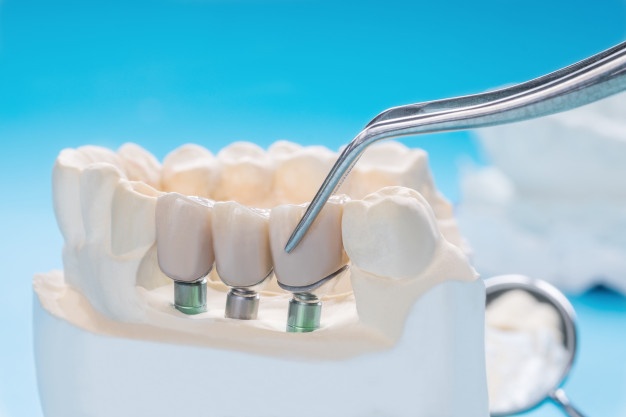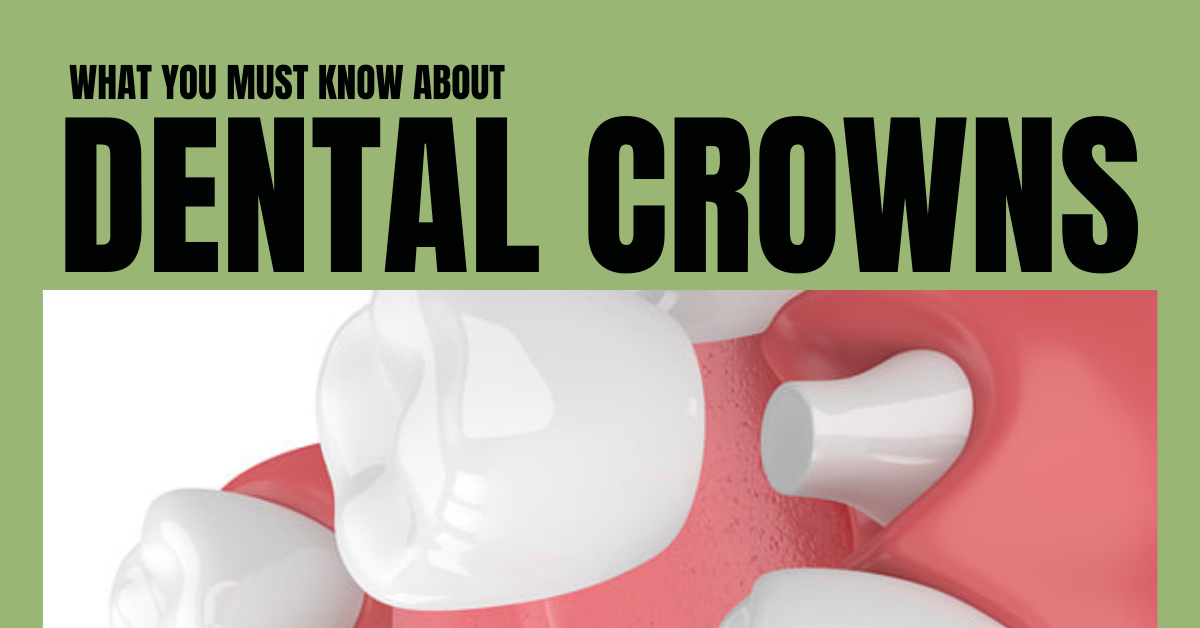We all have heard of dental implants but have we ever wondered if there are types of them? Yes, you heard that right; endosteal dental implants are dentists’ most commonly used dental implants. This implant acts as an artificial tooth for holding a replacement tooth. If you have lost a tooth or a set of teeth, these endosteal dental implants are placed on the missing tooth area. Here is your pocket guide to knowing more about endosteal dental implants.
What Are Endosteal Dental Implants?
Endosteal dental implants are commonly used implements among dentists when you miss a tooth. The best thing about endosteal dental implants is that they can support any dental prosthesis, bridge, and crown. It gets permanently secured to the jawbone, so it can’t fall off.
How Do Endosteal Dental Implants Work?
While setting an endosteal dental implant, your dentist will embed surgical screws into the jaw. After this, an abutment or a post is installed. Once the bone grows around the implant and is strong, your oral surgeon will position a permanent crown on top of the implant.
<H3> What Are Endosteal Implants Made Of?
In general, endosteal dental implants are typically made from titanium. They look like small screws, which must be placed on the jawbone and protrude through the gum. It further gives support to hold the replacement tooth in place.
How Long Do Endosteal Dental Implants Last?
With proper care, endosteal dental implants last for over 10-15 years before they need replacement. You can increase the durability of your dental implant by daily brushing and flossing, preventing any form of plaque accumulation in your mouth. Apart from this, in the initial phase, you must schedule frequent dental checkups every six months.
Where Are Endosteal Dental Implants Placed?
Usually, endosteal dental implants are placed in the jawbone by an incision in your gums, exposing the bones. Eventually, your jawbone grows into the implant, generally known as osseointegration. It holds the replacement tooth effectively. Dentists have discovered that the overall bone growth around the implants takes over six months, resulting in a solid base that forms for the new tooth.
Benefits Of Endosteal Dental Implants
- One of the best parts of endosteal dental implants is that they are surgically implanted into the bone. This makes the success rate of the dental appliance more effective.
- These dental implants are less prone to failure and perceive a longer lifespan than others.
- Since endosteal implants are the most common implant type, most dentists tend to have the practical experience to administer them to you based on your oral health condition.
- When you lose your teeth, it’s natural that it affects your facial appearance, which lowers your self-esteem. In such situations, getting a dental implant is an excellent option for restoring your smile and facial appearance.
- Not only do endosteal dental implants help you replace a missing tooth, but having a missing tooth area untreated leads to varied oral health problems. Thus, with the help of these implements, you can reform your oral health like a pro!
The Final Verdict
When you miss a tooth or a set of teeth, it’s painful and puts pressure on other teeth. In such situations, most dentists prefer getting a dental implant done to avoid any long-term oral health issues in the future. Thus, endosteal dental implants are the best solution if you have recently lost a tooth. It will help you secure your implant into the underlying bone effectively. So, now that you know everything about endosteal dental implants, schedule an appointment with your dentist and learn more about these implants.

